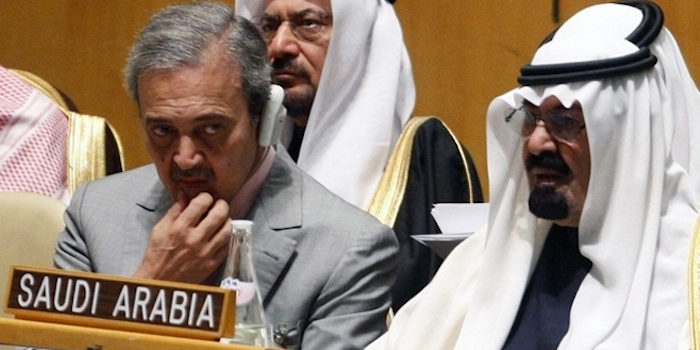On 2 June, the United Nations (UN) released an annual ‘blacklist’ of countries and armed groups that have committed “grave violations” against children, including parties that recruit, kill, and/or abduct children, as well as conduct attacks on schools and hospitals. The list includes the Democratic Republic of the Congo, government forces in Syria, the Islamic State in Iraq and the Levant (ISIL/ISIS/Daesh), and Houthi militia forces. The UN added the Kingdom of Saudi Arabia to this year’s blacklist.
Saudi Arabia has led a coalition against Houthi militia forces in the 15-month-long campaign in Yemen to reinstall the al-Hadi government. The UN report found that in 2015 alone, Saudi airstrikes, with American military and intelligence support, were responsible for 60% of the 1,953 child casualties with more than 40 attacks on schools and hospitals.
In response to being placed on the blacklist, the Saudi government threatened to break relations with the UN and withdraw millions of dollars of funding for humanitarian causes. Furthermore, clerics in Saudi Arabia considered declaring a fatwa against the UN to declare the organization “anti-Muslim.” In the words of one UN official, the pressure was “massive…beyond anything ever seen.”
Seventy-two hours later, the UN removed Saudi Arabia from the blacklist. While human rights groups have described the move as “blatant pandering,” the Saudi Ambassador to the UN, Abdullah al-Mouallimi, announced that the Saudi-led coalition was “vindicated.”
Despite its consistent disregard for international norms, Saudi Arabia has campaigned for a greater leadership role at the UN over the last several years. In 2015, the government reportedly sought to head the entire UN Human Rights Council, and last September it was chosen to head a panel that helps determine the staff of the UN Special Procedures.
The kingdom cannot have it both ways. If the Saudi government is truly committed to child rights and international law more broadly, it must abide by the UN’s recommendations – not threaten to undermine essential humanitarian programs whenever it faces criticism.
Alexander Kochenburger is an Advocacy Intern at ADHRB.





